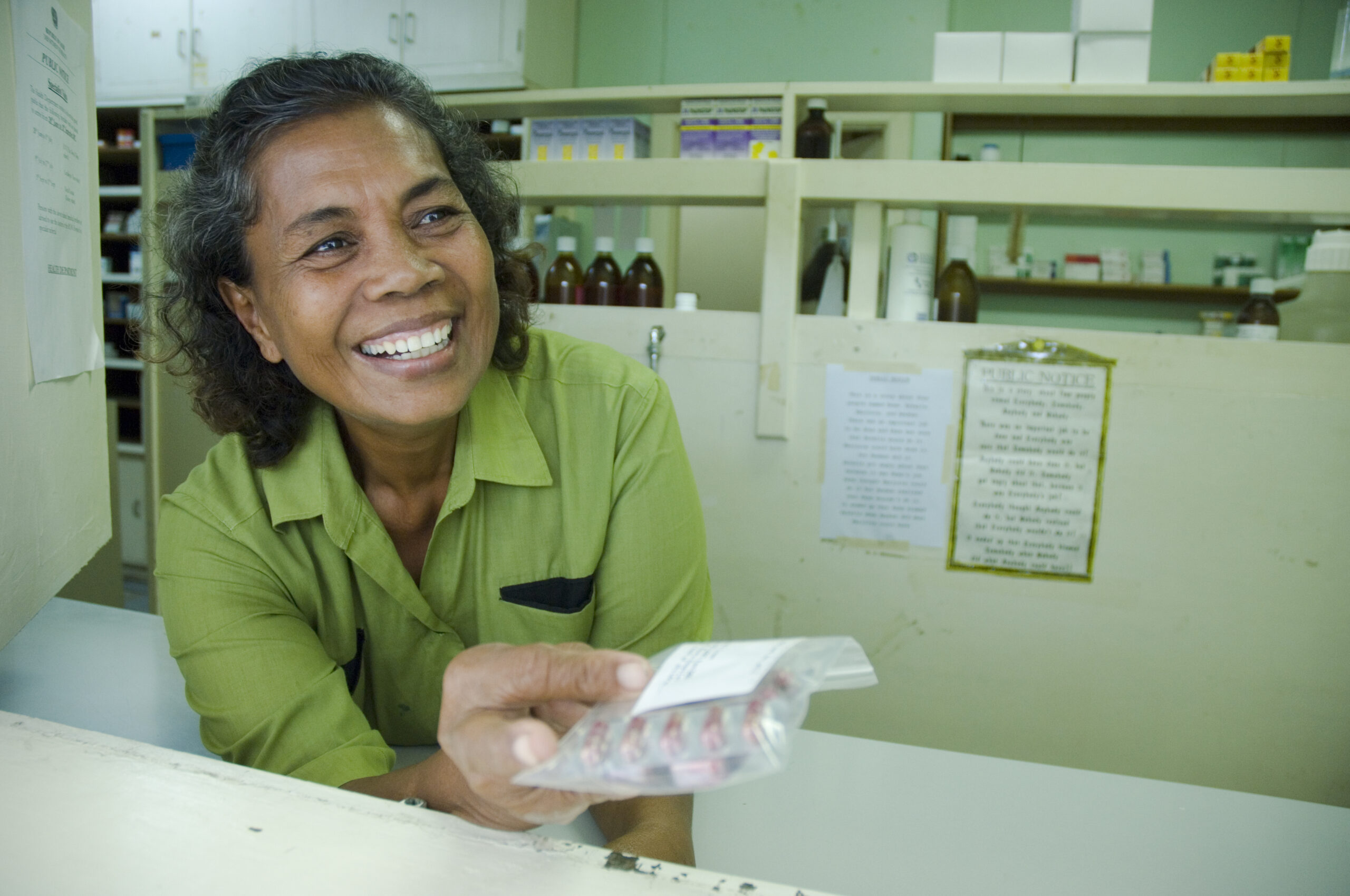The Australian Council for International Development (ACFID) applauds the Government’s announcement this morning of a comprehensive package of funding for health services in the Pacific and Southeast Asia.
‘Partnerships for a Healthy Region’, worth $620 million, aims to provide preventative action and ongoing treatment, and help bolster national health systems via a range of measures, such as immunisation planning. It also includes a focus on diseases such as heart disease and diabetes, and workplace development. It considers climate related health issues, and First Nations engagement, and its position on the importance of mental health in the international development program is a welcome new marker.
ACFID welcomes the package’s addressing of sorely-needed elements of regional health security and the need to strengthen health systems, which is vital to the overarching goal of a peaceful, stable and prosperous Indo-Pacific region.
“This partnership is comprehensive and well-considered, and could go a long way towards ensuring that regional health systems are improved,” said Marc Purcell, ACFID CEO.
“Ensuring the health and well-being of people is paramount and, delivered correctly, this package will help meet our human security goals.”
The funding is expected to be delivered in partnership with a range of organisations, including Australian government agencies, multilateral and regional bodies and leading health institutions from Australia and the region.
With many ACFID members and their partners already operating health programs in the region, the peak body urges the Government to ensure funding is delivered via existing non-governmental and faith-based organisations and networks, ensuring it is used most effectively. ACFID would also like to see these groups feature prominently in the program design and delivery.
The Covid-19 pandemic exposed structural gaps and inequities in health systems, and marginalised groups – women, children and people with a disability – were the most affected.
“Post-pandemic, there is an urgent need to bolster primary and community health, through increasing the number of trained nurses, community health workers and invest in health hubs at a community level,” said Mr Purcell.
“Australia needs to help partners’ health systems reach the poorest people, not just focus on medical capacity in capital cities.
“We will be calling on the government to undertake an inclusive process for the design, consultation, implementation and evaluation of these important investments.”
ACFID particularly commends the focus on Sexual and Reproductive Health and Rights (SRHR) in the package, which highlights the need for measures such as family planning education.
SRHR is foundational to ensuring the rights of women and children, and bolstering educational and preventative programs will mean better outcomes for their overall health and security.
“It is heartening to see this package specify sexual and reproductive health as a priority, particularly given the high rates of domestic violence in some parts of the region,” said Mr Purcell.
“For Australia to specify this as a focus area sends a clear message about our values, and that we consider gender issues to be central to health, not just at an individual level but a societal one.”
The $620m package is outlined to cover: $350m towards communicable disease prevention and control; $50m towards non-communicable diseases; $157m to SHRH; $53m towards health system strengthening, and $10m towards cross-cutting principles such as First Nations engagement, disability, and climate change.
For more information or to arrange an interview, please contact [email protected] or call 0401 721 064.









